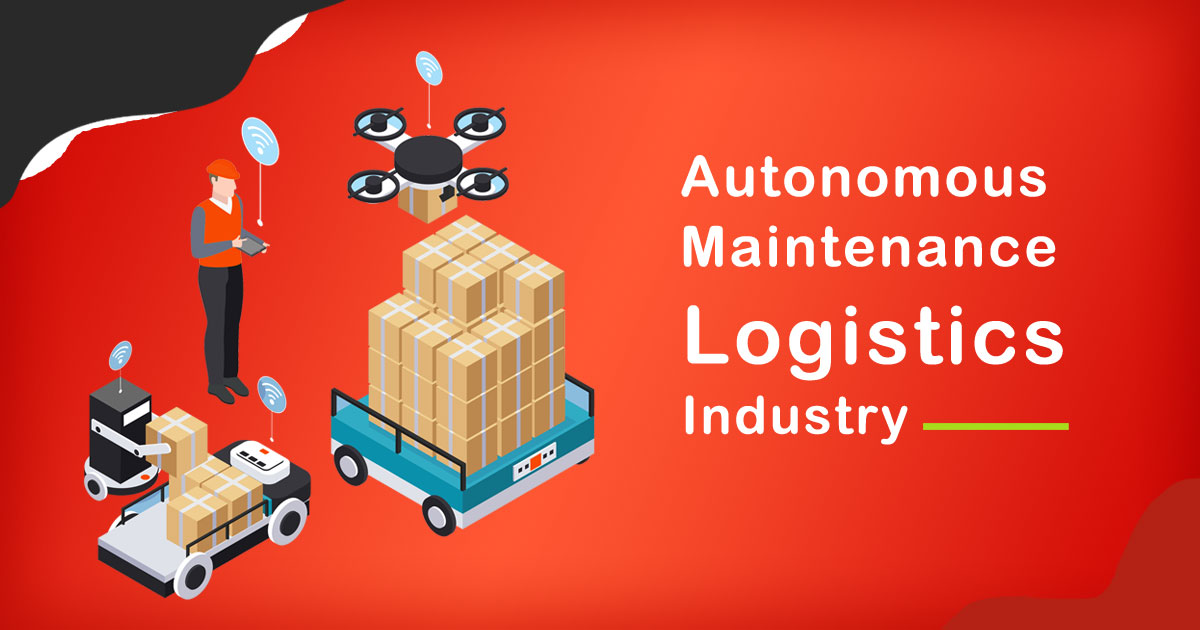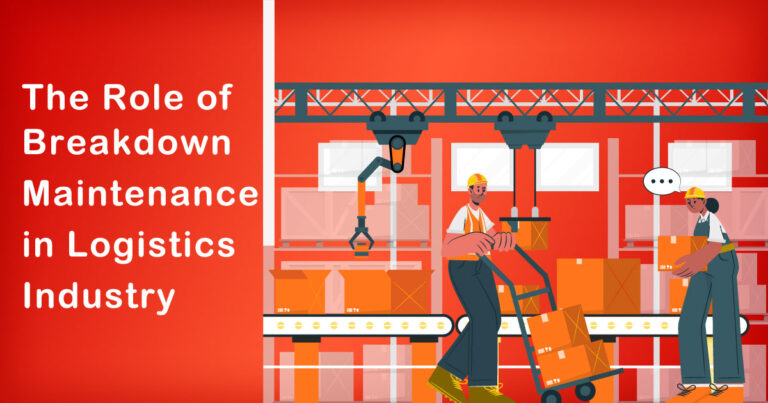Introduction
In recent years, the logistics industry in India has witnessed a significant transformation, driven by technological advancements and a focus on operational efficiency. One such technological innovation that has revolutionized the logistics landscape is Autonomous Maintenance (AM). AM, a subset of the broader concept of Industry 4.0, refers to the use of intelligent machines and systems that can perform maintenance tasks with minimal human intervention. In this blog, we explore the vital role of Autonomous Maintenance in the Indian logistics industry and its impact on productivity, safety, and cost-effectiveness.
1) Enhancing Operational Efficiency
The logistics industry in India faces numerous challenges, such as congested roads, unpredictable weather conditions, and time-sensitive deliveries. By implementing AM, logistics companies can enhance operational efficiency and streamline their processes. Autonomous vehicles, for instance, can optimize route planning and reduce delivery times, leading to improved customer satisfaction. Moreover, self-monitoring and self-diagnosing machines can significantly reduce downtime, minimizing disruptions to supply chain operations.
According to a study conducted by the Federation of Indian Chambers of Commerce and Industry (FICCI), logistics companies that have embraced AM witnessed a notable reduction in operational costs and a substantial increase in overall efficiency.
2) Advancing Warehouse Management
Warehousing is a critical component of the logistics industry, and efficient management is crucial to meet customer demands. Autonomous Maintenance plays a pivotal role in transforming traditional warehouses into smart, automated hubs. By employing robotic systems for loading and unloading goods, logistics companies can accelerate the warehousing process, thus reducing the time taken for order fulfillment.
Furthermore, intelligent inventory management through AM technologies ensures better control over stock levels, minimizes wastage, and enhances inventory accuracy. A report by the Associated Chambers of Commerce and Industry of India (ASSOCHAM) states that logistics firms implementing AM in their warehouses experienced a remarkable increase in productivity, leading to improved cost optimization.
3) Ensuring Safety and Compliance
Safety is a paramount concern in the logistics industry, and AM can significantly contribute to reducing accidents and enhancing compliance. Autonomous vehicles are equipped with advanced sensors and artificial intelligence systems that can detect obstacles and avoid collisions in real-time. This capability not only protects goods during transportation but also safeguards pedestrians and other road users.
Moreover, AM technologies in maintenance and repair processes ensure that machines are in optimal condition, minimizing the risk of breakdowns or accidents caused by equipment failure. A report by the Ministry of Road Transport and Highways in India highlights that the implementation of AM in commercial vehicles resulted in a substantial reduction in road accidents, thus promoting road safety.
4) Empowering Workforce and Skill Development
While AM can automate several tasks, it does not render the human workforce obsolete. Instead, it empowers them to focus on higher-value tasks that require critical thinking and problem-solving abilities. Logistics companies can invest in upskilling their employees to work alongside autonomous systems and harness the full potential of AM technology.
Studies conducted by the National Skill Development Corporation (NSDC) reveal that AM has led to an upsurge in demand for skilled technicians, engineers, and data analysts in the logistics sector. As AM adoption increases, the industry experiences a parallel growth in employment opportunities and skill development initiatives.
Conclusion
The logistics industry in India is at a crossroads, with technological innovations reshaping its landscape. Autonomous Maintenance stands at the forefront of this transformation, offering immense potential to enhance operational efficiency, warehouse management, safety, and workforce empowerment. As logistics companies increasingly embrace AM, India’s logistics sector will witness unprecedented growth, productivity, and competitiveness in the global market.
While the implementation of AM requires significant initial investments, the long-term benefits, including cost reduction, improved safety, and workforce empowerment, make it a wise and strategic choice for any logistics business aiming to thrive in the dynamic Indian market.
Through a collaborative approach between government agencies, industry stakeholders, and technology providers, the vision of a fully autonomous and efficient logistics industry in India can become a reality. As the journey towards embracing AM unfolds, it is crucial to foster an environment that encourages innovation, research, and continuous development, paving the way for a more resilient and prosperous logistics sector in the country.








